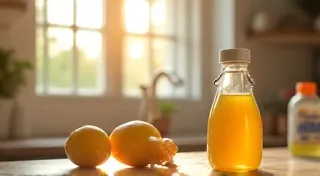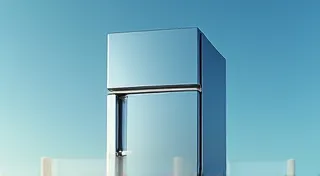Beginner's Guide to Eco-Friendly Cleaning: Simple Swaps for a Healthier Home
Are you concerned about the chemicals lurking in your cleaning products? Do you want to create a healthier home for your family while also reducing your environmental impact? Transitioning to eco-friendly cleaning might seem daunting, but it's actually quite simple, affordable, and rewarding. This guide will provide you with actionable steps and easy-to-follow recipes to get you started on your journey to a more sustainable and healthy cleaning routine. We're moving towards a better future by embracing the principles of the circular economy—one where waste is minimized and resources are valued. It’involves everything from the products we buy to the energy we use.
Why Choose Eco-Friendly Cleaning?
Conventional cleaning products often contain harsh chemicals that can be harmful to your health, the environment, and even your home's surfaces. Many release volatile organic compounds (VOCs) that contribute to indoor air pollution and can trigger allergies and respiratory problems. Eco-friendly cleaning products prioritize natural ingredients, reduce waste, and are safer for everyone. The shift to eco-friendly practices extends beyond just cleaning; it's about adopting a lifestyle that values sustainability in all its forms—from the energy powering our homes to the clothes we wear—as explored in our guide to sustainable fashion.
Simple Swaps for a Sustainable Cleaning Routine
The good news is that you don't need to buy expensive, specialized products to clean your home sustainably. Many effective cleaning solutions can be made with common household ingredients. Let’s explore some easy swaps:
1. Vinegar: The All-Purpose Powerhouse
White vinegar is a natural disinfectant, deodorizer, and grease cutter. It's incredibly versatile! The possibilities for natural cleaning are endless, mirroring how we can generate clean energy for our homes, as discussed in our guide to renewable energy for your home.
- All-Purpose Cleaner: Mix equal parts white vinegar and water in a spray bottle. Perfect for countertops, sinks, and floors.
- Glass Cleaner: Combine 1/4 cup white vinegar, 1/4 teaspoon liquid soap, and 2 cups water.
- Shower Cleaner: Spray undiluted vinegar on shower tiles and walls to remove soap scum. Let it sit for 30 minutes, then rinse.
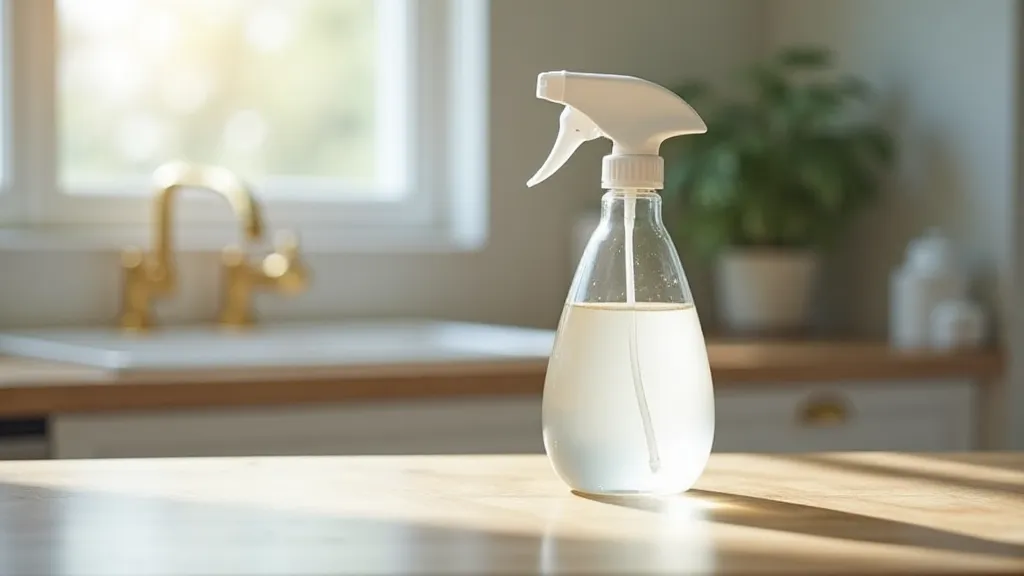
2. Baking Soda: The Gentle Abrasive
Baking soda is a mild abrasive and a natural deodorizer. It’s fantastic for scrubbing and tackling tough stains. The impact extends beyond your home's cleanliness, influencing your broader footprint towards a more ecologically sound lifestyle.
- Scrubbing Paste: Mix baking soda with a little water to create a paste for cleaning sinks, tubs, and ovens.
- Oven Cleaner: Sprinkle baking soda onto the bottom of your oven, add water to form a paste, and let it sit overnight. Scrub clean the next day.
- Carpet Deodorizer: Sprinkle baking soda onto your carpets, let it sit for 15-30 minutes, and then vacuum.
3. Lemon Juice: Fresh and Effective
Lemon juice is a natural disinfectant and degreaser with a pleasant scent. It's a great alternative to chemical-based cleaners. The uplifting aroma isn’t just pleasant; it’s a reminder of the natural solutions available to us, moving away from reliance on potentially harmful substances.
- Microwave Cleaner: Heat a cup of water with the juice of one lemon in the microwave for 5 minutes. The steam will loosen grime, making it easy to wipe clean.
- Cutting Board Disinfectant: Rub a cut lemon over your cutting board to disinfect and remove odors.
4. Essential Oils: Adding Natural Fragrance
Essential oils can add a natural, uplifting scent to your cleaning solutions. Lavender, tea tree, lemon, and eucalyptus are popular choices known for their antibacterial properties. Consider how these natural elements relate to creating a self-sufficient lifestyle and utilizing sustainable resources, akin to the innovative approaches showcased in projects like Solar Bloom – harvesting sunlight to cultivate a decentralized future.
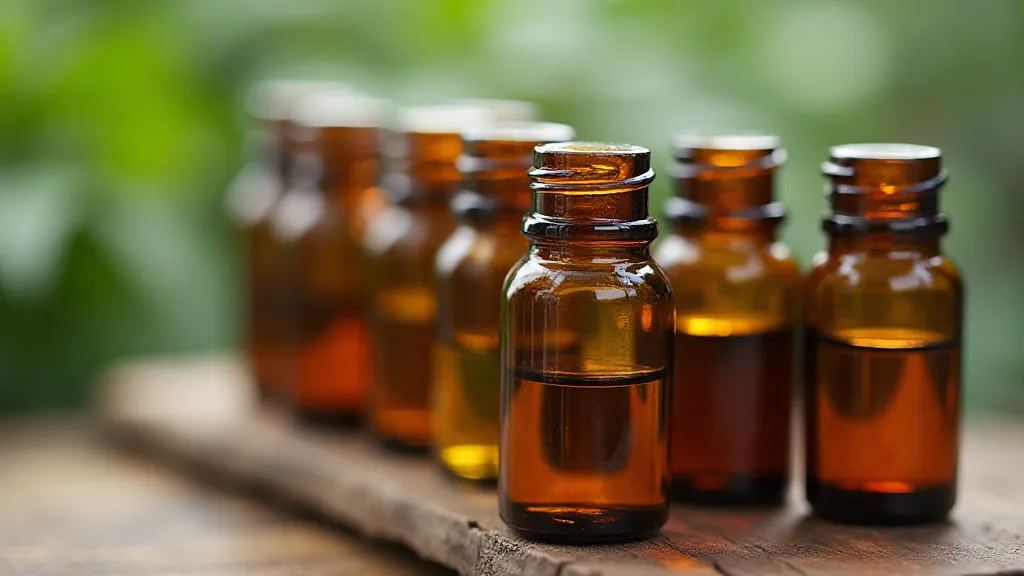
5. Reusable Cleaning Tools: Reducing Waste
Ditch the disposable paper towels and sponges! Switch to reusable cloths, mops, and scrub brushes. This commitment to reusability is a core principle of eco-friendly living, echoing the broader shift to sustainable practices in other areas.
- Microfiber Cloths: Excellent for cleaning almost any surface.
- Swedish Dishcloths: Made from cellulose and cotton, these cloths are absorbent and compostable.
- Bamboo Scrub Brushes: A sustainable alternative to plastic brushes.
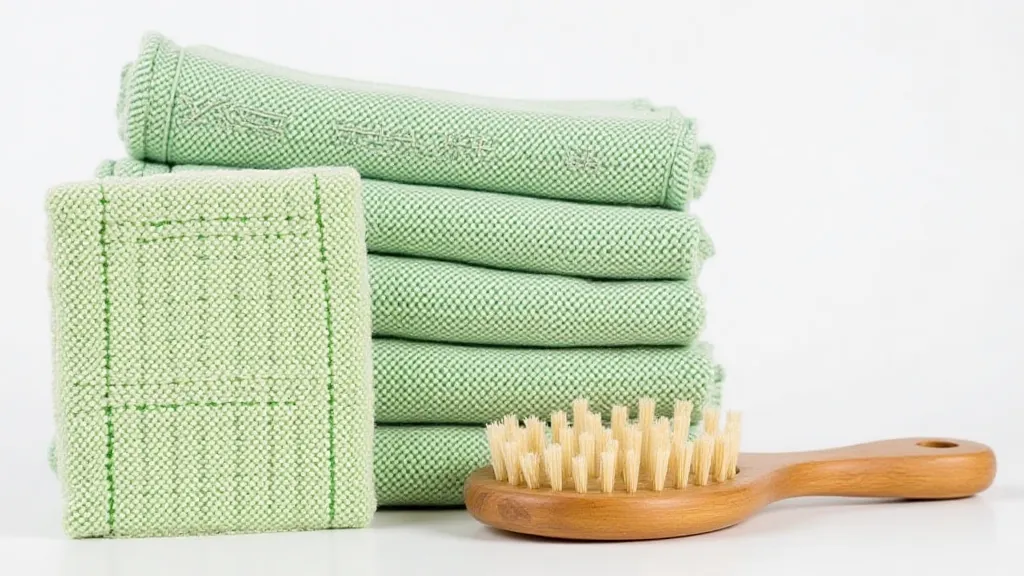
Expanding on the Benefits: Beyond a Clean Home
The benefits of eco-friendly cleaning go far beyond a sparkling clean home. They contribute to a healthier indoor environment, reduce your exposure to harmful chemicals, and lessen your environmental footprint. By embracing natural cleaning solutions, you’re not just cleaning your house; you're actively participating in a larger movement towards sustainability. This also encourages a more conscious and minimal lifestyle, moving beyond merely replacing harmful products with eco-friendly alternatives. It's about questioning consumption habits and actively seeking ways to reduce waste and conserve resources across all areas of your life.
Deeper Dive: The Science Behind Natural Cleaners
Many natural cleaners, like vinegar and baking soda, possess remarkable cleaning properties due to their chemical composition. Vinegar, for instance, is a mild acid (acetic acid) that effectively cuts through grease and dissolves mineral deposits. Baking soda is a base that neutralizes acids and acts as a gentle abrasive. Understanding these simple scientific principles can deepen your appreciation for the power of natural cleaning and empower you to experiment with different combinations and recipes.
Getting Started: A Gradual Transition
You don't have to overhaul your entire cleaning routine overnight. Start with one or two simple swaps and gradually incorporate more eco-friendly practices as you become comfortable. Remember, every small change makes a difference! Perhaps start by swapping out your all-purpose cleaner with a simple vinegar solution, or replacing paper towels with reusable cloths. These small, manageable steps can build momentum and make the transition feel less overwhelming.
Addressing Common Concerns & Providing Solutions
Some people may worry that natural cleaners are less effective than conventional products. However, with the right combinations and techniques, natural cleaners can be just as powerful. It's also worth noting that many conventional cleaning products contain fragrances and additives that can irritate the skin and respiratory system. While some natural ingredients, like lemon juice, can also cause irritation in sensitive individuals, the overall health benefits of eco-friendly cleaning far outweigh the potential risks.
Final Thoughts
Eco-friendly cleaning is not just good for the planet; it's also beneficial for your health and your wallet. By embracing these simple swaps and DIY recipes, you can create a healthier, more sustainable home for yourself and your family. Happy cleaning! And remember, sustainability isn's just about cleaning; it's a holistic approach to living that encompasses energy consumption, resource management, and mindful consumption patterns.



